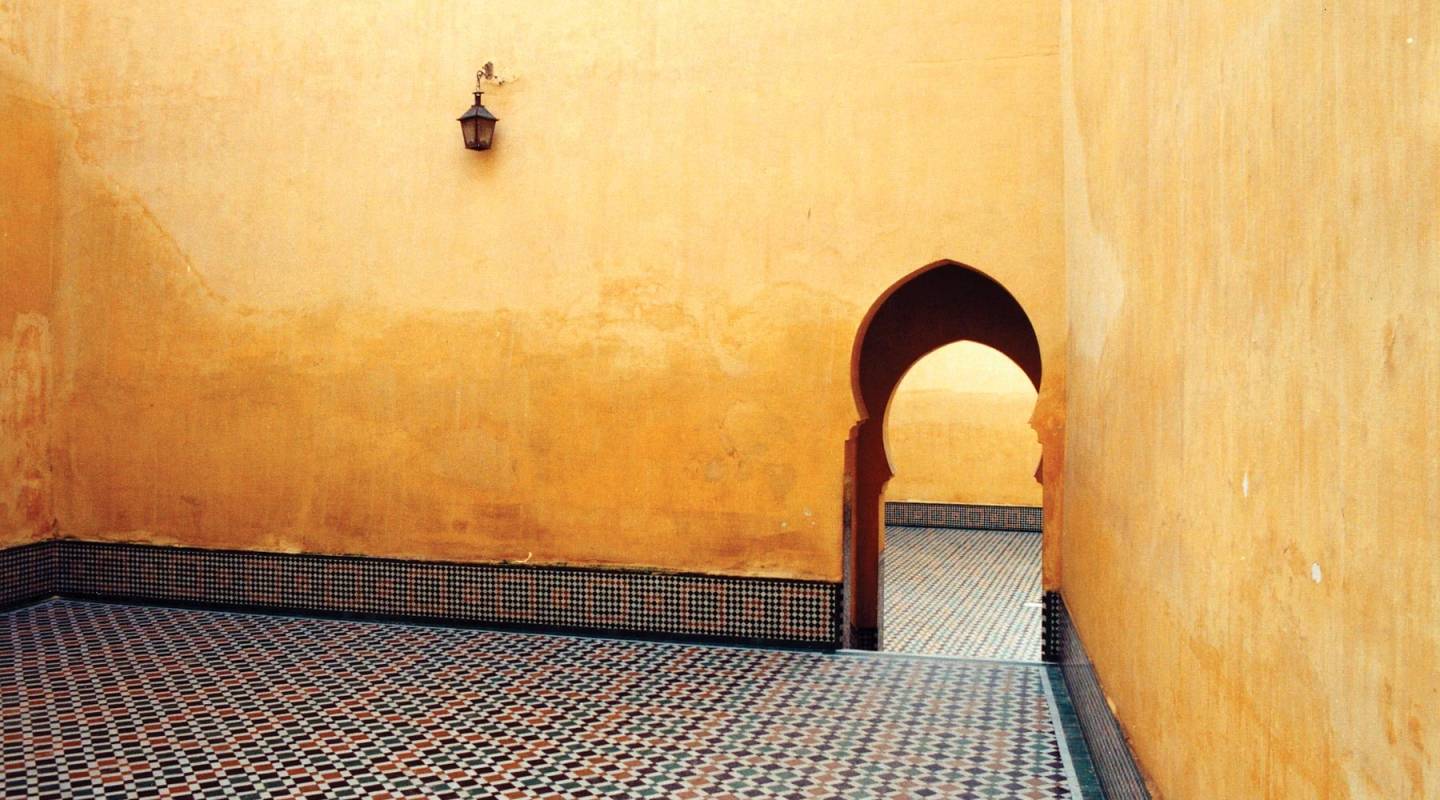
Morocco and Western Sahara
Capital city — Rabat
Country population
i2020Incarceration rate (per 100,000 inhabit…
i12/2020Type of government
Human Development Index
0.686(121/189)
Homicide rate (per 100,000 inhabitants)
Name of authority in charge of the pris…
Total number of prisoners
i12/2020Average length of imprisonment (in mont…
Prison density
160 %The prison occupa…
i09/08/2022/ TelquelTotal number of prison facilities
i31/12/2019An NPM has been established
Female prisoners
i2020Incarcerated minors
1.3 %Including 27 girl…
i31/12/2019Percentage of untried prisoners
i31/12/2020Death penalty is abolished
no, but suspended in practiceThe death penalty…
Living conditions
Accommodation
The law establishes a minimum standard for living space per prisoner
no
However, the framework for Moroccan prisons (Référentiel pénitentiaire marocain) recommends a minimum of 5.4m2 per person in an individual cell. It must be 3.4m2 in a dormitory (rule 31). Rule 45 states that where there is overcrowding “the minimum floor area for a living space must not be less than 2m2 per person”.
Moroccan prison facilities are mostly overpopulated and do not abide by the framework.
Prisoners are accommodated in single cells
no
Prisoners are usually placed in collective cells. They live in cells of between five and 12 people or in dormitories with a larger number of people. Prisoners are placed in individual cells in some cases, such as those being sanctioned, those considered at risk and some prisoners with death sentences.
Prisoners sleep on
a bunk bed
All the prisoners are provided with bedding
The prison service is required to provide bedding (blankets, pillows…) to prisoners as soon as they are admitted (rule 19 of the Moroccan prison framework [Référentiel pénitentiaire marocain]).
This requirement is not always met.
Article 14 of the Prisons Act Penitentiary law, states that cells must “meet standards of hygiene and cleanliness, taking into account the climate, particularly regarding the volume of air, the minimum floor space reserved for each prisoner, heating, lighting and air circulation”.
Overcrowding, the condition of buildings and lack of resources are a significant obstacle to these standards being met.
The cells/dormitories are provided with electric lighting
yes
The cells/dormitories are equipped with heating and/or air conditioning
in some cases
Roof fans and/or fans with blades fitted to the ceiling are in place in facilities in the “hottest cities” (Moroccan prison framework, DGAPR strategy 2016-2020, rule 37).
Prisoners can smoke
- in their cell or dormitory
- in shared spaces
Hygiene
Prisoners have access to water
- in their cell or dormitory
- outside of their cell or dormitory
The location of water supply points varies according to the facility.
Showers are located in the cells/dormitories
no
Prisoners usually have access to a shower once a week. The frequency varies depending on the facility.
Types of sanitary facilities
latrines
The prison service provides personal hygiene products free of charge
no
Rule 26 of the Moroccan prison framework [Référentiel pénitentiaire marocain]) indicates that it is “desirable” that facilities should provide each new prisoner with “necessary” toiletries “in sufficient quantities” (toothpaste, toothbrush, toilet paper, soap, shampoo etc.).
The prison service provides cleaning products free of charge
yes
Beddings are refreshed
yes
The prison service is required to provide “uniforms which are suitable and adapted to the seasons of the year” as soon as a prisoner is admitted. The prisoner can keep their own clothes if they are considered to be clean or if the administration does not require prisoners to wear specific clothing. (Moroccan prison framework (Référentiel pénitentiaire marocain), DGAPR strategy 2016-2020, rule 18).
Prisoners wash their clothing in the sinks. They can sometimes access the facility’s laundry room.
Individual and collective areas are kept clean by the prisoners themselves. They are assigned, in turn, to general duty in order to ensure the maintenance and functioning of the facility. (Penitentiary law, article x).
Food
Drinking water is free and available in all areas of the facilities
Prisoners can drink water from the tap, which is sometimes available within cells.
Number of meals per day
3
Daily cost of meals per prisoner
-
Food services are managed by
private services
The prison service is required to meet nutritional standards regarding quality and quantity
Prisoners’ food is the paid for by the prison service. It is required to ensure prisoners eat a balanced diet which meets their health needs. The amount and contents of meals are determined by the prison service after consulting with the relevant departments at the Ministry of Health.
The prison service provides food that respects special dietary needs
People who are ill must be provided with an adapted diet which is consistent with medical advice. (Penitentiary law, article 126).
Prisoners eat their meals in
their cell or dormitory
Prisoners can buy food products
Prisoners can have access to a refrigerator
no
Prisoners are allowed to cook in their cells or in a shared space
no
Prisoners are allowed to receive food parcels
no
Food parcels, called couffins, are currently prohibited by the administration. They remain permitted by article 119 of the Prisons Act Article 119 of the Penitentiary law.